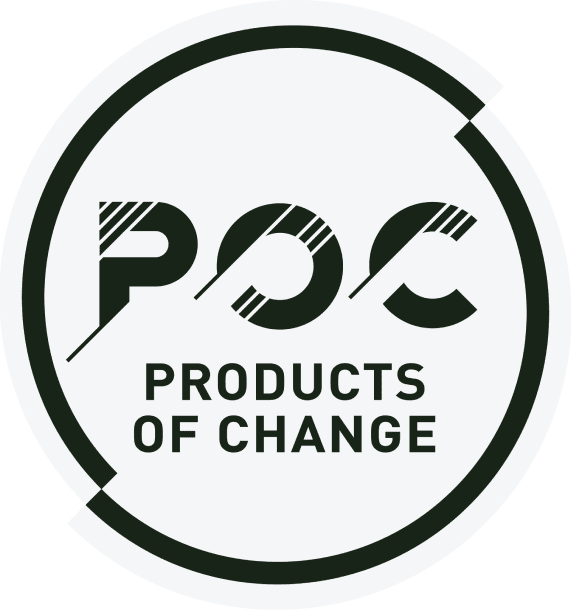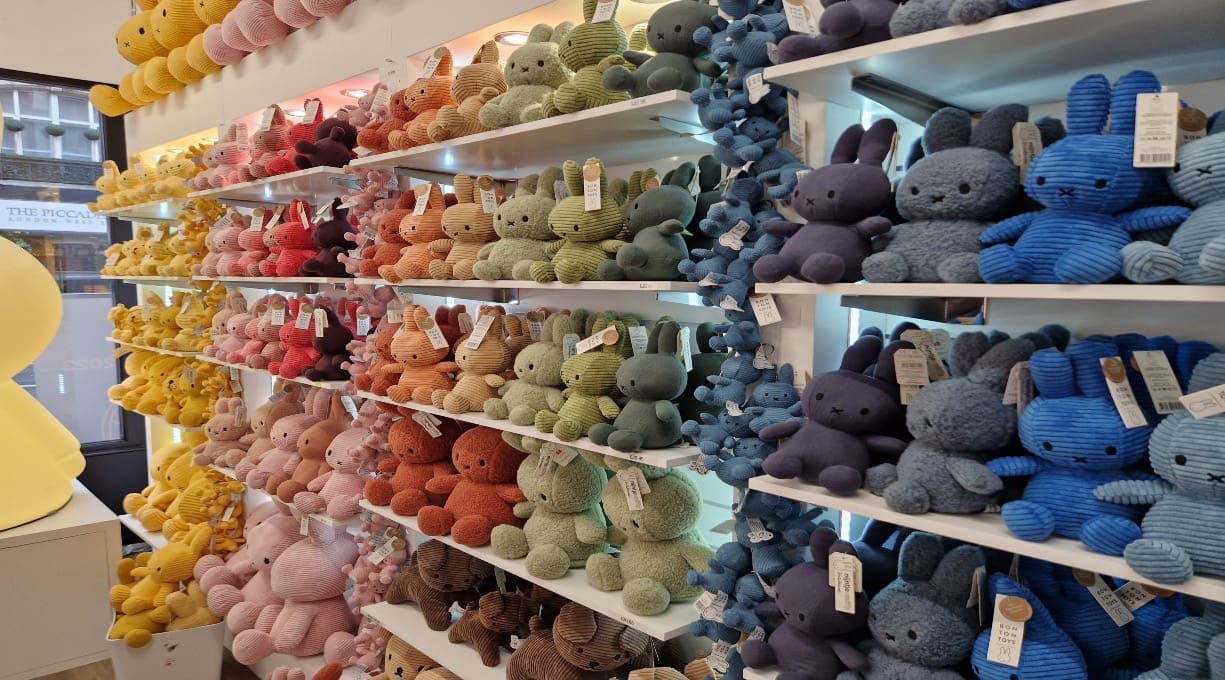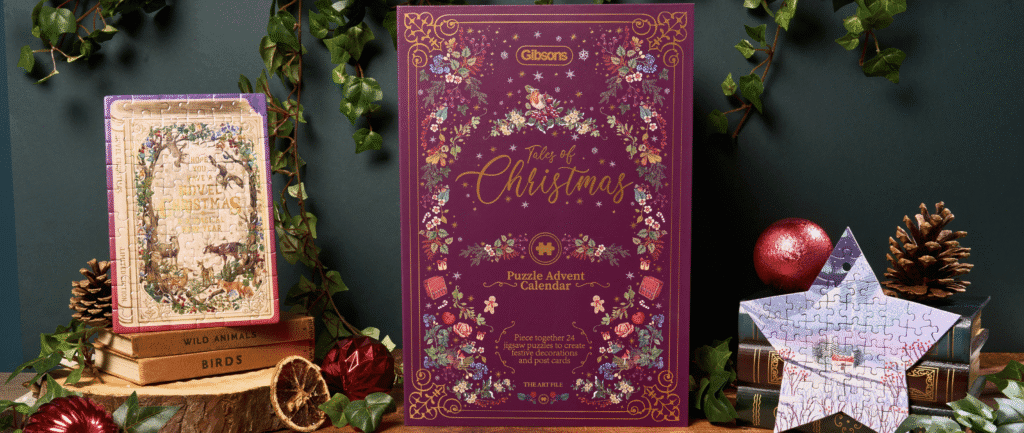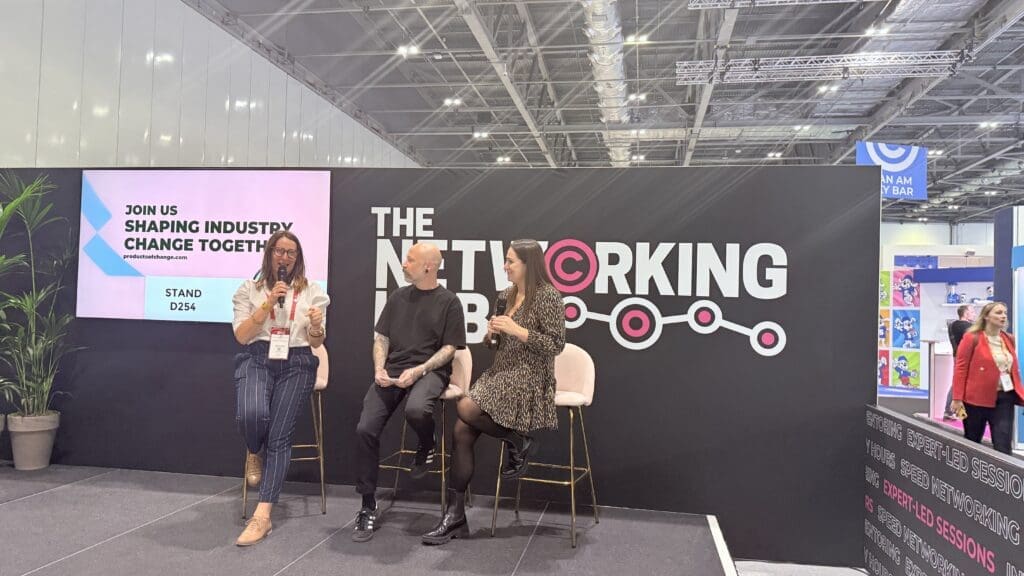Take a stroll along London’s Shaftesbury Avenue at any point over the next three weeks and you’ll inevitably wind up sticking your head through the door of a brand-new pop-up shop dedicated to the much-loved design brand, Miffy.
Take time to have a closer look, and you’ll soon notice that the beginnings of a brand’s journey with sustainable development are here, on display, for all to see, touch, and purchase at the till – provided you’re paying by card.
As a brand, Miffy has historically been one to keep its head somewhat below the parapet. Mark Teunissen, senior project manager of Mercis BV, the publishing team behind the Miffy brand, will be the first to tell you that Miffy has rarely been a ‘look at us’ kind of property.
However, if you were to make your own judgement simply off what this Shaftesbury Avenue experience has to offer, you’d never believe it. It’s a beautifully curated showcase of the creativity and talent behind Miffy’s licensing partners and – quite accidentally – an exhibition of the brand’s relationship with sustainability to date.

Visitors are greeted, for instance, by a wall of Miffy plush stretching one end of the store to the other. Developed by Bon Ton Toys – a Dutch toy maker currently also partnered with the wildlife charity WWF – this is a collection of colourful plush toys all produced using recycled stuffing and recycled materials. It’s, without doubt, the shop’s main event, and arguably its best efforts so far in driving a conscientious licensing programme aware of its environmental impact.
That is, until you discover the shop’s collection of Just Dutch crochet characters. A Dutch company (clue’s in the title), Just Dutch works exclusively with a community in Vietnam to handmake this collection of crochet characters, bringing skills and industry to a community project while doing so.
It’s for this reason that Just Dutch remains cautiously selective of the projects it takes so as not to overwhelm the production process, Mark tells us, which – as a knock-on effect – lends the range a gravitas of exclusivity and quality. It’s likely why the Just Dutch collection has found success in bringing world-renowned heritage institutions the Van Gogh Museum and the Rejks Museum into the Miffy fold with crochet Miffy characters depicting famous works from both, Vermeer’s The Milkmaid x Miffy being a particular highlight.

“Through our style guide, we encourage licensing partners to begin making improvements to the way they produce and to be aware of their impact on the environment. We are noticing that partners are taking that onboard and we are – together – removing more and more packaging from more and more of our licensed products,” explained Mark.
“One development that emerged from the covid pandemic is that all the plush is now washable and we’ve noticed that more and more of our partners are talking about how their products are washable, which in-turn is reducing the need for things like polybags.”
The Miffy store isn’t plastic-packaging free and Mark and the Miffy brand would certainly never make such claims, but they do support the narrative that these partners are at the beginnings of their journey. A centre table adorned with the popular design-led Miffy lights, for example, showcases a packaging design without single-use plastic. The product collection certainly has a premium feel about it.

“With our books, we have always used FSC certified paper and we are thinking of ways of driving more sustainable actions in this category,” says Mark. “If you look in these books, the front page has a ‘This book belongs to…’ page to make it personal to its owner.
“One thought is to give people the chance to make this a list of owners of the books as it gets passed down and reused and handed down from generation to generation. This seems like a nice way of promoting reuse and keeping these books in use – by allowing owners to document their own stories to an extent.”

It’s a simple yet very clever idea that could act to drive a new narrative around product ownership and a fundamental question that customers will need to begin to ask of the things they purchase – the idea of having a long-term relationship with that product.
“Ultimately though, we don’t try to make claims we just try to do it,” says Mark.




